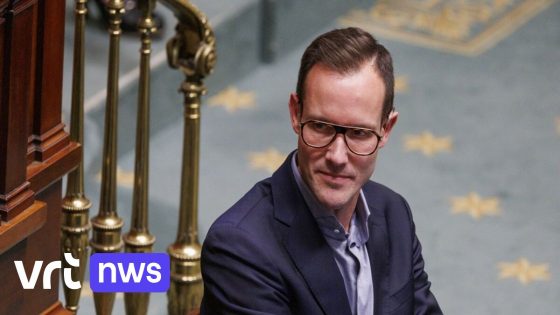Pablo Marçal has been declared ineligible for eight years by the TRE-SP, stirring discussions in Brazil. This ruling raises questions about the implications for his political future and the broader electoral landscape.
- Pablo Marçal sentenced to eight years of ineligibility
- Expert claims Marçal's sentence is weak
- Dilma's nephew mocks Marçal and Bolsonaro
- Details of Marçal's judicial decision revealed
- Coverage includes multiple news sources
Pablo Marçal’s Eight-Year Ban: What It Means for Brazil’s Political Scene
Why does this ruling matter? Pablo Marçal’s ineligibility for eight years could reshape the political landscape in Brazil. As a notable figure, his absence may influence upcoming elections and party strategies.
Implications of Marçal’s Ineligibility for Future Elections
Marçal’s ban raises significant concerns regarding the integrity of Brazil’s electoral system. His case reflects broader issues of accountability and transparency in politics. How will this affect voter sentiment?
- Potential shifts in voter trust towards political parties.
- Impact on Marçal’s supporters and their political engagement.
- Possible changes in party strategies for upcoming elections.
- Increased scrutiny of electoral processes and candidate eligibility.
Understanding the Legal Context of Marçal’s Ruling
The TRE-SP’s decision is rooted in legal precedents that govern candidate eligibility in Brazil. This ruling serves as a reminder of the importance of adhering to electoral laws. What legal challenges could arise from this decision?
Public Reaction to the TRE-SP’s Decision
The public’s response to Marçal’s ineligibility has been mixed. Some view it as a necessary step towards accountability, while others question the fairness of the ruling. How will this divide impact future political discourse?

































